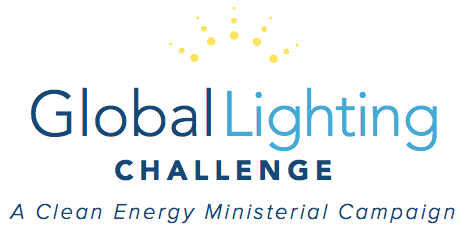Lighting accounts for 15 to 20 percent of global electricity consumption and 5 percent of global greenhouse gas emissions.
As the world continues to become more urbanised, especially in developing countries, these figures are expected to rise concomitantly, which not only places greater pressure on our energy resources, but also contributes to global warming and other environmental problems.
To remedy this, the participants of the Clean Energy Ministerial (CEM) forums launched in 2015 an initiative that aims to promote high-efficiency, high-quality and affordable lighting technologies, called the Global Lightning Challenge (GLC).
The GLC was conceived to help economies transition from traditional lighting to greener lighting technologies such as light-emitting diodes (LEDs), the progress of which is measured in terms of the number of green lighting products sold worldwide. The goal of the GLC is to achieve cumulative sales of 10 billion high-efficiency, high-quality and affordable light bulbs.
According to the CEM, “an overnight global transition to highly efficient LED lamps would avoid 801 Mt of CO2 emissions, equivalent to displacing 684 coal-fired power plants around the world.â€
The GLC also aims to provide “a high-profile global platformâ€, which will recognise leaders in the public and private sectors who are driving the transition to efficient lighting. Fourteen economies, including Australia, have so far endorsed GLC.
Everyone is welcome to join the lighting challenge: national and subnational governments to promote supporting policies, standards and drive regional adoption, cities and companies to adopt more energy efficient lighting solutions, and lighting retailers and manufacturers pledging to standardise and sell high-efficiency, high-quality LED lighting products.
The role that LEDs play in the GLC
Super-efficient and affordable LEDs have sparked the development of a rapidly growing global commercial market for off-grid solar lighting, putting clean and safe lighting in reach for the 1.2 billion people who lack access to modern energy services around the world.
Why LEDs? The light-emitting diode is one of today’s most energy-efficient and rapidly developing lighting technologies, which creates an opportunity to cost-effectively reduce electricity consumption while increasing light quality and control. Â In addition to their vastly superior energy efficiency, quality LED light bulbs last longer, are more durable and offer comparable or better light quality than other types of lighting.
The GLC still has a long way to go (at the time of writing, only 1.09% of the 10-billion goal has been achieved), yet is a great demonstration of how governments, corporations and individuals are working together to save energy and reduce emissions. There will be an update regarding this goal during the upcoming series of CEM forums in July this year.
Join MatrixLED and numerous other organisations in transitioning to high-quality, high-efficiency lighting. With a wide range of LED products and solutions on offer, MatrixLED can provide all your lighting needs, from workplaces, to industrial sites, to public locations. Visit our website for more information or call us for a free consultation.


